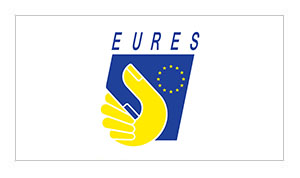
As a trade union, the General Workers’ Union welcomes this radical legislative
change to the laws governing temporary employment and recruitment agencies,
which is currently being debated in Parliament.
The GWU has put pressure on certain contractors providing labour services and
therefore welcomes and agrees with the new legislation announced which will come
into force from next year. The law states that employment agencies, both those of
contractors and those better known as temporary employment agencies, will need a
licence to operate.
The new law stipulates that a person can only have one licence, either for recruiting
people for employment in Malta or abroad, or for being part of a temporary
employment agency or an outsourcing agency. From January, no one will be allowed
to recruit and bring workers and offer temporary labour/outsourcing services. Each
agency must have a competent person who must be Maltese or European and have
experience in human resources.
In addition, several criteria have been introduced to ensure that each applicant
meets the requirements to be granted a licence to operate an employment agency or
employment business.
With these new regulations, the authorities have an overview of all players in the
sector; they ensure that the labour force enters the country according to demand and
that the abuse of this labour force is avoided. In addition, companies that do not
have this licence or lose it will be excluded from public contracts and will not be able
to bring in workers from third countries.
“We hope that this new legislation will put an end to the exploitation of workers,
especially foreign workers. We need the foreign workers who contribute to economic
growth, but no one should take advantage of the system and these workers,” said
GWU Secretary General Josef Bugeja.
He reiterated that we are currently in a situation where migrant workers end up in a
cycle of abuse. Even Maltese workers who do not work directly for companies but
are employed by these labour recruitment agencies are being exploited by the
agencies that employ them. Workers who, unlike their colleagues who are employed
directly by the companies, have to endure a range of abuses.
“As we have always insisted on a level playing field for those working in the sector,
we now believe that it is time for the government to also introduce the principle of
equal pay for work of equal value. This is how it should be if we really want the
worker to progress. The worker’s pay should only be based on the value of the
work.”
We believe that this continuous monitoring will improve the working conditions of
workers, while in the case of foreign workers, only the workers who are needed will
come to our country. This will lead to more control and transparency over which
workers come and in which sectors they will work.












